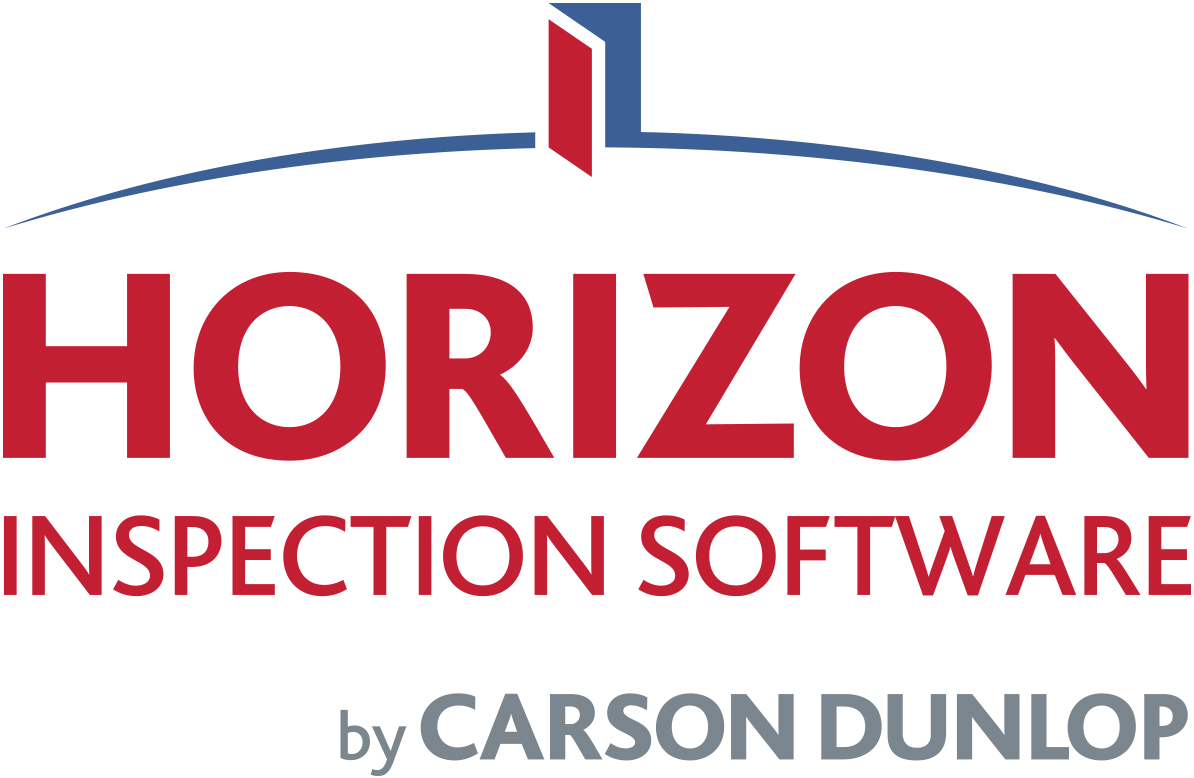How to Respond When Your Client Says Your Price is Too High
Hearing a client say that your price is too high can be a challenging moment in any business negotiation. However, it’s also an opportunity to showcase the value of your product or service, build trust, and potentially close the deal. Here are some effective strategies and responses to consider when faced with this common objection.
1. Understand Their Concerns
Before jumping to defend your pricing, it’s crucial to understand the client’s concerns. Ask questions to get to the root of the issue.
• Ask for Specifics: “Can you help me understand which aspects of the price you feel are too high?”
• Listen Actively: Pay close attention to their concerns and show empathy. This demonstrates that you value their perspective and are willing to work towards a solution.
2. Highlight the Value
Emphasize the value and benefits of your product or service, rather than focusing solely on the price.
• Benefits Over Features: Explain how your offering solves their problems or meets their needs. Highlight your quality of work, and the outcomes they can expect.
• ROI Focus: Show how your product or service provides a return on investment. Use case studies, testimonials, or data to illustrate how others have benefited.
3. Break Down the Costs
Sometimes clients need to see a detailed breakdown to understand why your pricing is justified.
• Itemize the Costs: Provide a transparent breakdown of what they’re paying for. This can help clients see the value in each component.
• Compare with Competitors: If applicable, compare your pricing with competitors, emphasizing the additional value you provide.
4. Share Success Stories
Social proof can be a powerful tool to reassure clients about the value of your pricing.
• Testimonials and Reviews: Share positive feedback from other clients who initially had price concerns but were ultimately satisfied with their purchase.
• Case Studies: Provide detailed case studies showing how your product or service led to significant benefits for other clients.
5. Reiterate Your Expertise
Clients need to be reminded that they’re paying for more than just a product or service; they’re investing in your expertise and reliability.
• Experience and Credentials: Highlight your experience, qualifications, and any awards or recognitions in your field.
6. Negotiate Wisely
If you need to adjust your pricing, do so strategically without undermining the perceived value of your offering.
• Trade-offs: If you offer a discount, ask for something in return, such as a longer contract, larger order, or quicker payment terms.
• Value Add-ons: Instead of reducing the price, consider adding extra services or features to enhance the perceived value.
8. Maintain Confidence
Confidence in your pricing reflects confidence in your product or service. Stand firm while remaining empathetic.
• Firm but Fair: Be willing to negotiate but avoid drastic price reductions that could devalue your offering.
• Professionalism: Keep the conversation professional and positive, focusing on finding a mutually beneficial solution.
When a client says your price is too high, it’s an opportunity to demonstrate the value and benefits of your offering, address their concerns, and potentially strengthen your relationship. By understanding their perspective, highlighting value, offering flexible options, and maintaining confidence, you can navigate these conversations effectively and achieve successful outcomes. Remember, the goal is to build trust and ensure that both parties feel satisfied with the agreement.
